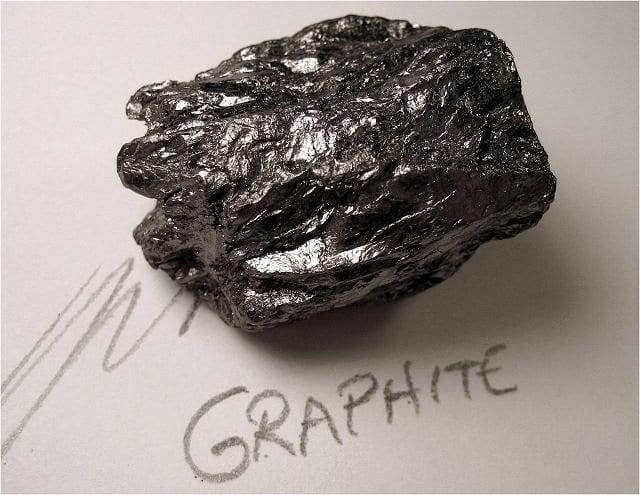
Using graphite to build the hard drives of tomorrow
Graphite has long been known to have unique electrical properties and has therefore been put forward by many as a possible substitute for silicon for use in integrated circuitry.
The Rice University research team, led by Prof. James Tour, deposited several 10-nanometers-thick stripes of amorphous graphite onto silicon and later verified that this process facilitated the creation of potentially very dense and stable non-volatile memory.
For reasons that are yet to be completely understood, graphite behaves in a very peculiar way whenever a current is run through it. When a current is run though a 10-atom-thick layer of graphite, a small gap — only two nanometers in size — is immediately formed, effectively breaking the circuit in two electrically insulated parts.
What’s even more surprising, when a current is run again through the same circuit, the break is instantly repaired. This process can apparently be repeated indefinitely, providing a simple and yet highly efficient way of representing a bit.
The graphite-based approach holds a number of notable advantages over current technology such as Flash memory, including a vastly increased memory density; a low operational voltage of only three volts; a very high on/off charge ratio, facilitating the bit “read” process; the need for only two terminals instead of the usual three, which greatly simplifies the circuitry needed; and finally, its high resistance to temperature changes and high radiation levels, which make it suitable for deployment in the space and military industry.
Slashing the costs of circuit design
Non-volatile memory is not the only possible application — perhaps not even the most promising one — for the team’s work.
![Reblog this post [with Zemanta]](http://img.zemanta.com/reblog_b.png?x-id=9ac19b84-aa45-4ffa-b3a3-a90219abb373)







